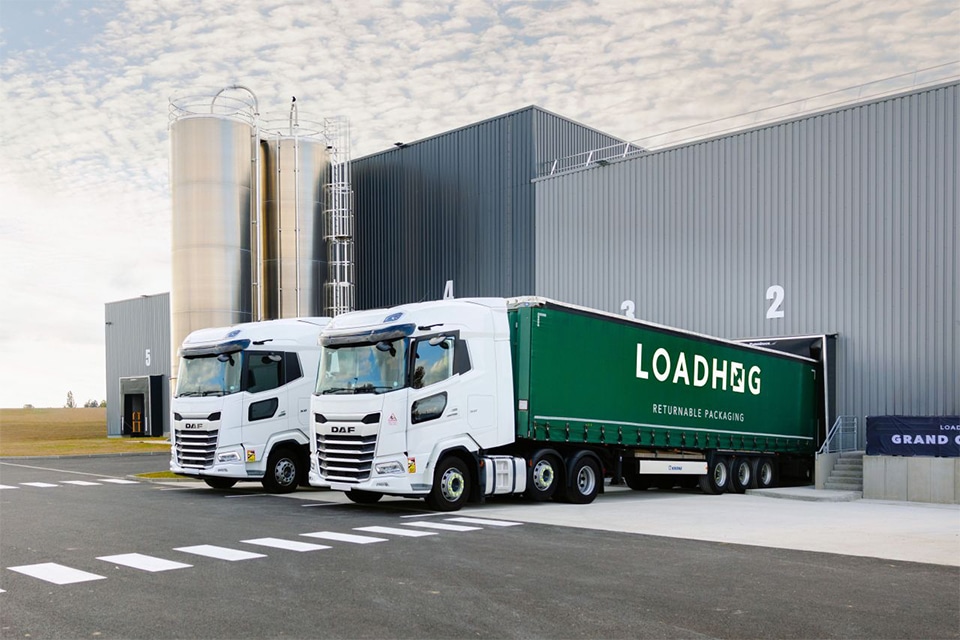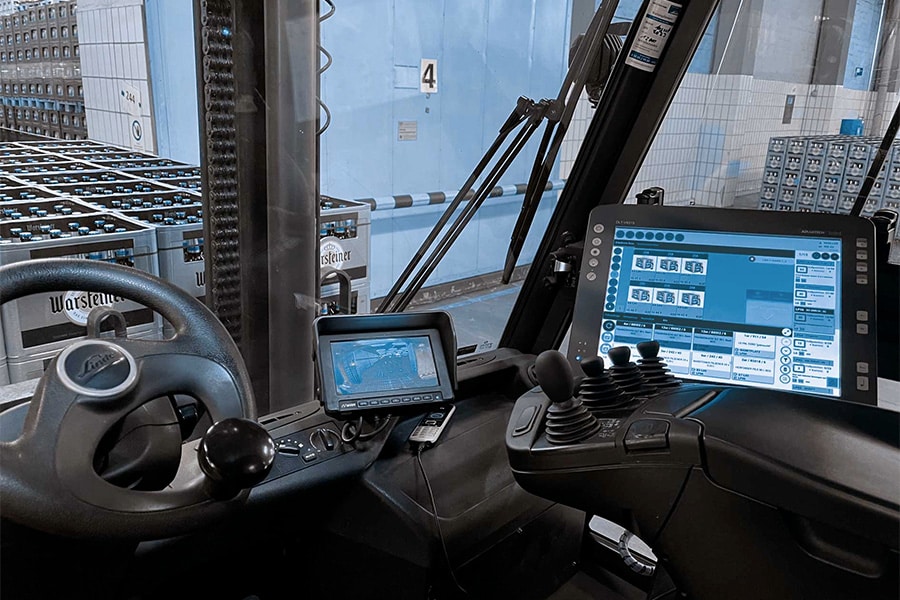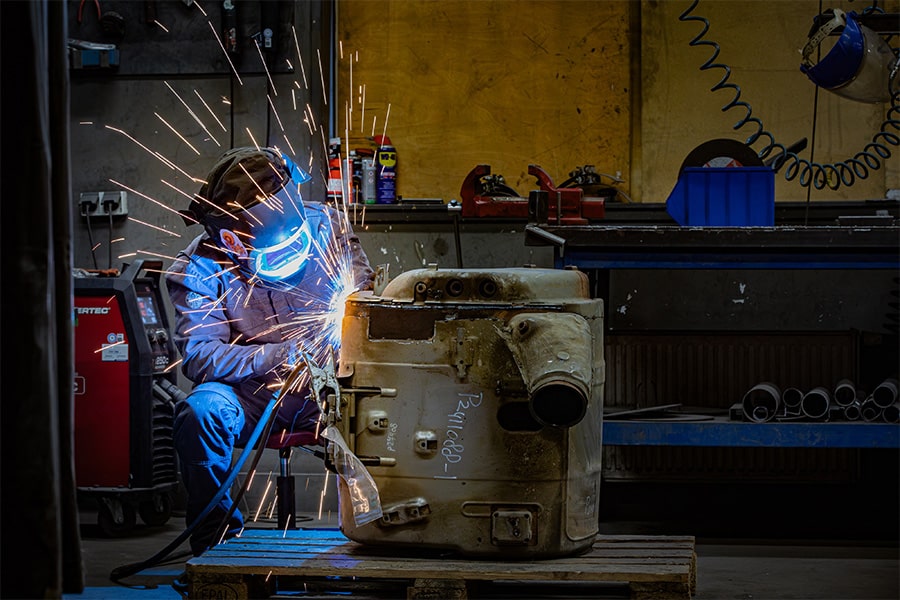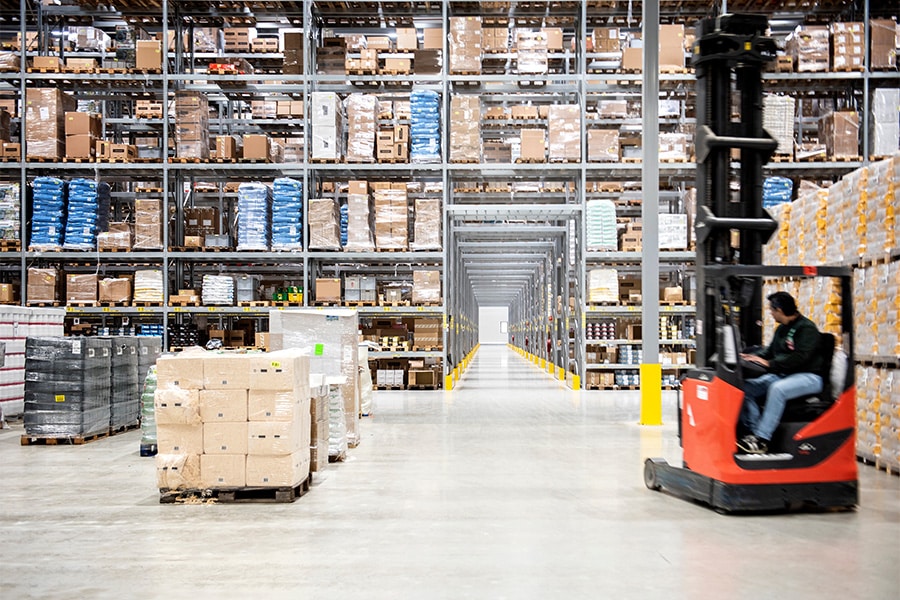
Air filtration: particulate matter in warehouses is becoming a bigger topic
It usually cannot be seen with the naked eye, but fine dust is present all around us, including in logistics environments. Moreover, warehouses often release harmful gases that are used in the production process of stored items. Daniel Gooijer, general manager of air quality partner Euromate, advocates greater awareness: "Good indoor air quality leads to a healthier working environment, less absenteeism, fewer machine breakdowns, as well as lower cleaning and energy costs."
An excessive percentage of fine dust is created in warehouses primarily by the production process. For example, when repacking, shredding cardboard, packing goods and cutting and folding boxes. In addition, particulate matter enters through open doors and ventilation systems. Wear and tear on floors and forklift tires also contribute to dispersion. In addition, goods themselves can be a source of particulate matter. Among other things, fine dust can lead to lung diseases such as COPD and cardiovascular disease. It also causes malfunctions on machines, production lines and loading belts, causing work processes to shut down unnecessarily. "Customers find, for example, that equipment with sensors last much longer when the air is properly filtered. And they see a big decrease in their cleaning costs. Today there are affordable meters that provide insight in a simple way. This allows potential risks to be identified and targeted action to be taken by the measure air quality."

Harmful gases
The presence of harmful gases not only endangers the health of workers, but can also affect the quality of stored products. For example, formaldehyde is a chemical commonly used in adhesives, particle board and other building materials. With prolonged exposure, it can cause respiratory irritation and even cancer. Another example is ethylene oxide, which is often used as a disinfectant and can lead to stomach problems and tumors, among other things.
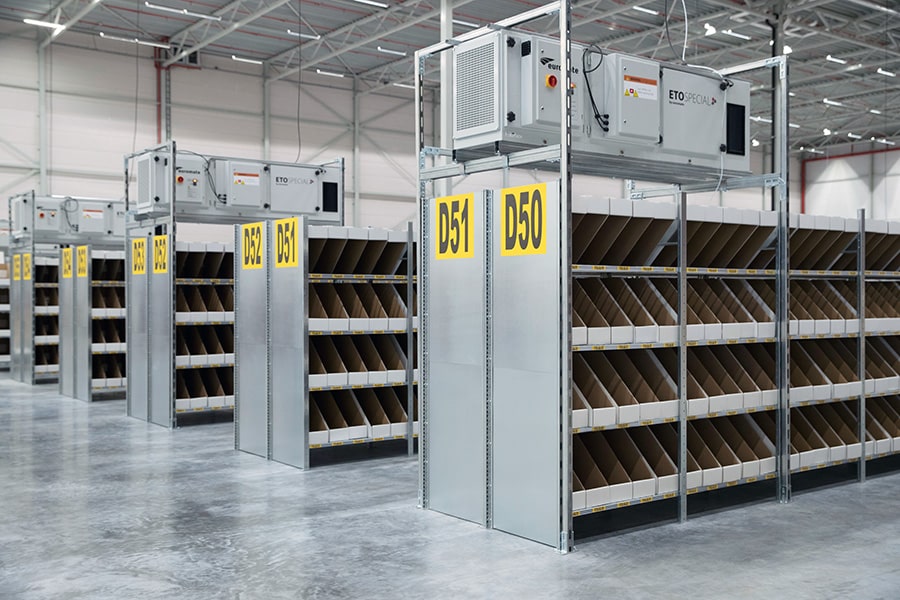
Legislation
"For ventilation, the Building Code stipulates that, based on the number of employees, there must be sufficient ventilation. You quickly meet this, but the use of a space is ignored. When packing cardboard, for example, fine dust is released in large quantities, and this can still create an unhealthy situation. There is hardly any legislation yet, but you are obliged by the Occupational Health and Safety Act to be a good employer. So if you expect a lot of particulate matter, you have to take action. Fortunately, awareness is growing and the EU is going to adjust its limit values by 2030, starting with outdoor air. So investing in air quality now is definitely worthwhile. And because it's scalable, you can start small and expand the number of units as legislation becomes stricter."
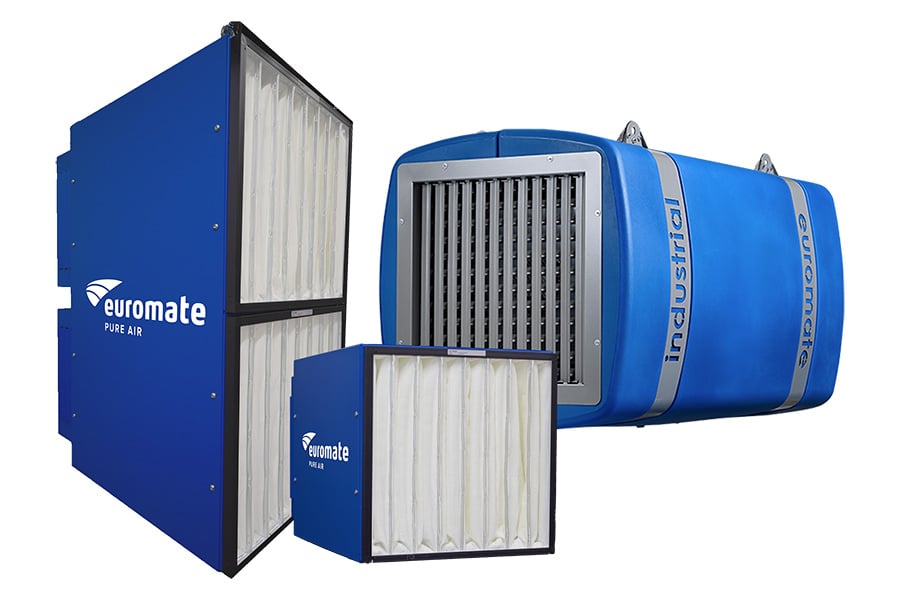
Projects
Euromate has half a century of experience in analyzing and improving air quality. The company offers accessible measurement solutions that allow customers to easily understand air quality through a user-friendly customer portal. Here measurement results are always available and notifications can be set when preset limit values are exceeded. Based on these insights, Euromate supplies a wide range of air filtration units for particulates, gases, pathogens, oil and grease.
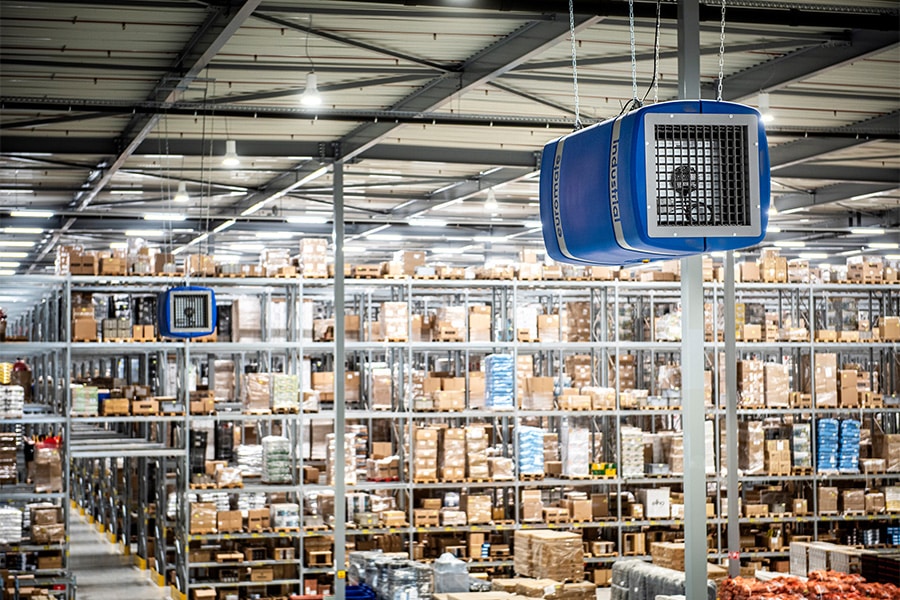
Euromate is one of the few air quality companies with its own R&D, Service team and network of chemists. The equipment is designed, assembled and maintained in-house, giving it a long service life. Because they are a flexible organization with short lines, they can move quickly and also handle larger projects that require a lot of project management. For example, Euromate was allowed to install 150 air cleaners at CEVA Logistics, formerly TNT Logistics, which reduce harmful ethylene oxide capture. And a pilot is currently underway at a large chain that hopes to retain its staff longer by improving air quality.
Heeft u vragen over dit artikel, project of product?
Neem dan rechtstreeks contact op met Euromate.
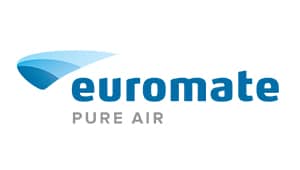 Contact opnemen
Contact opnemen

